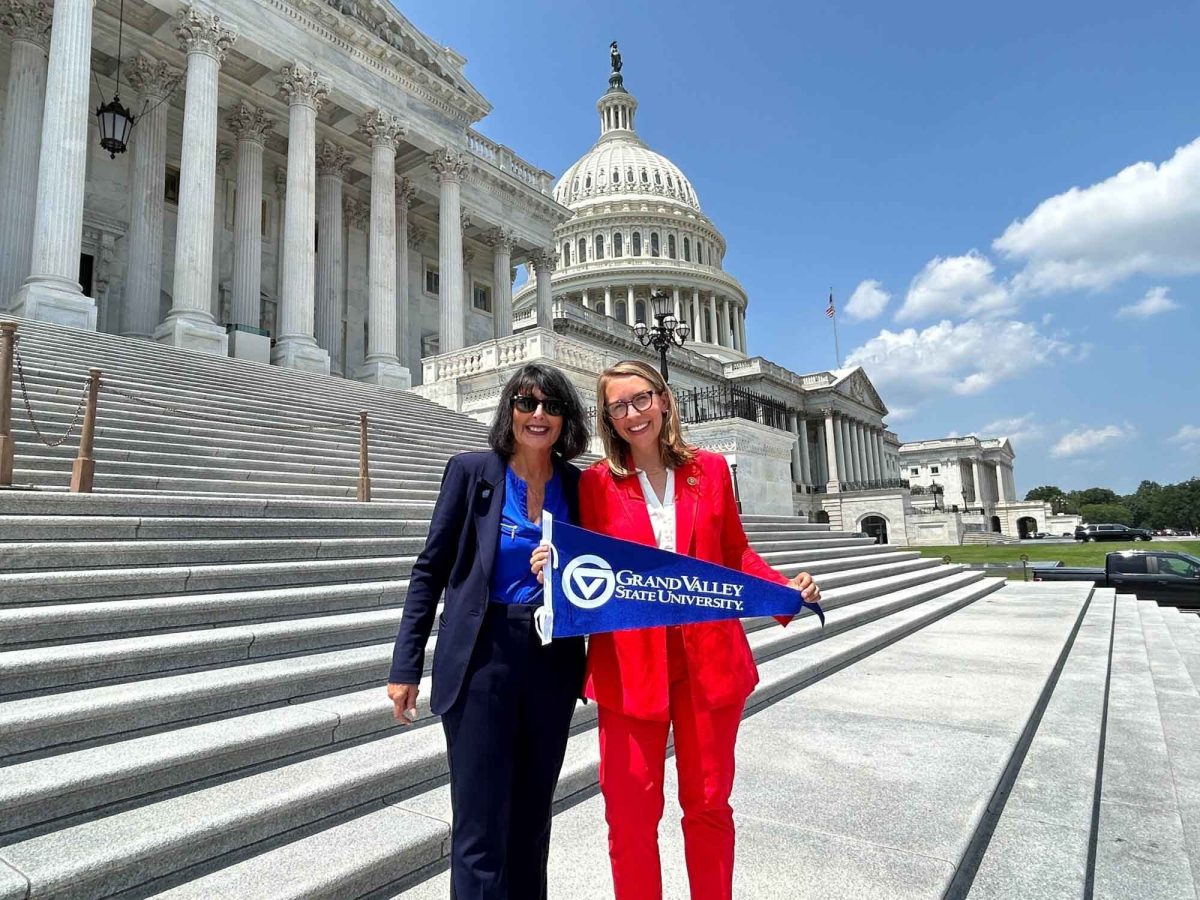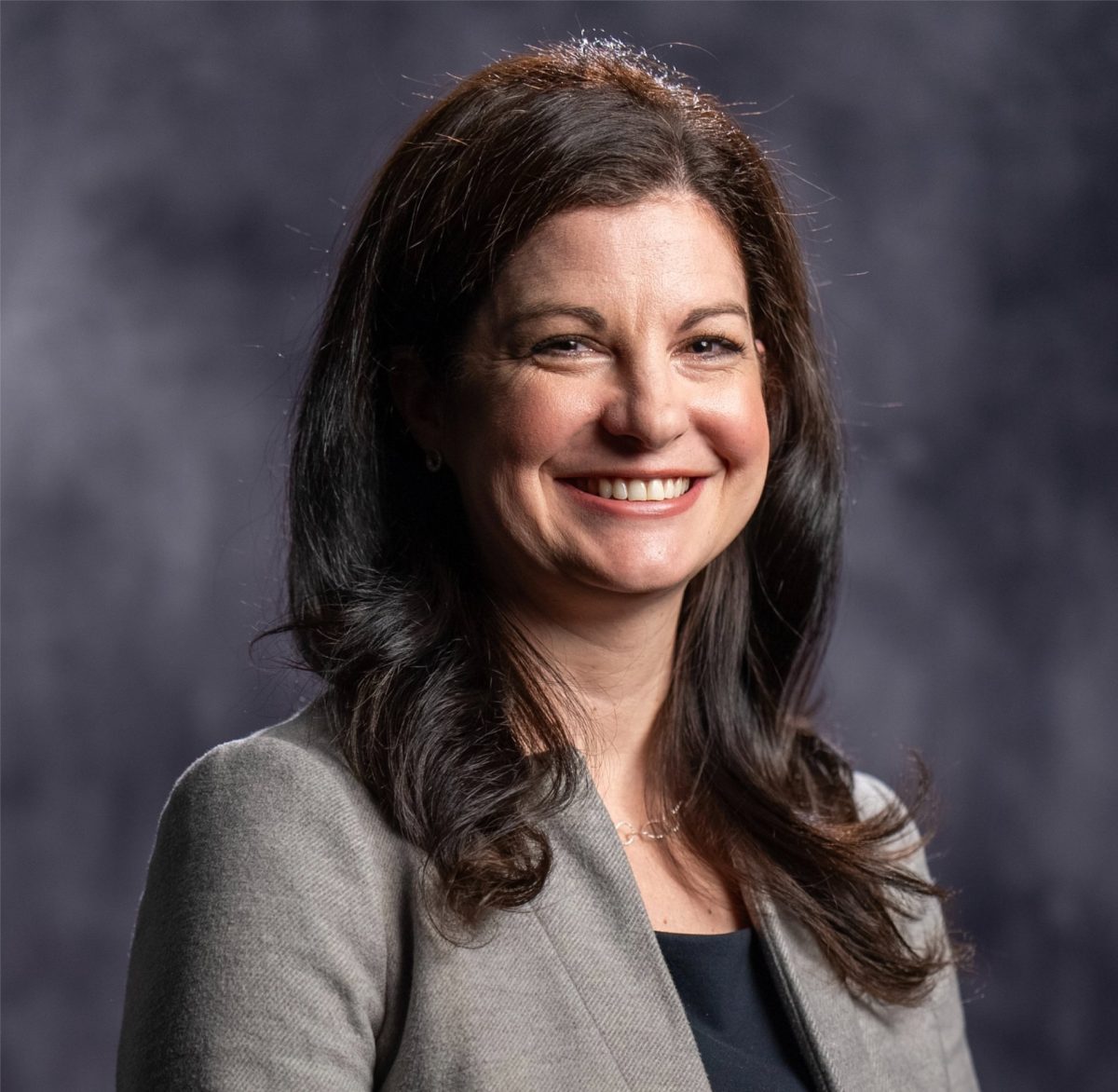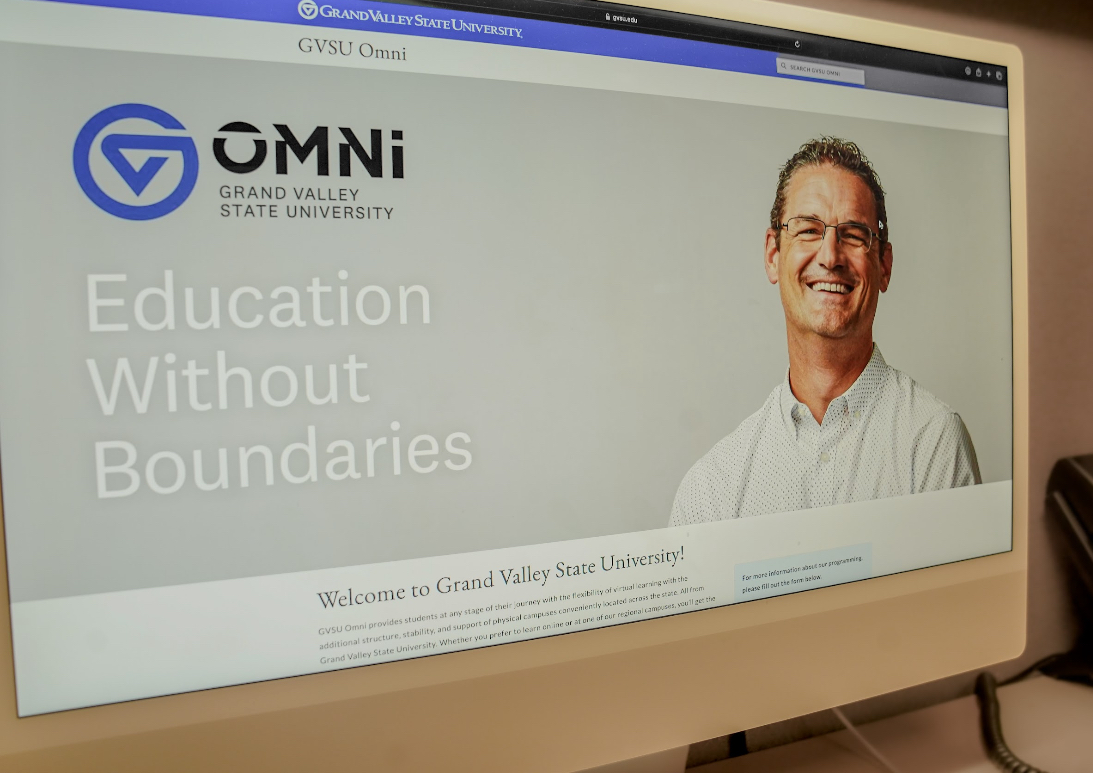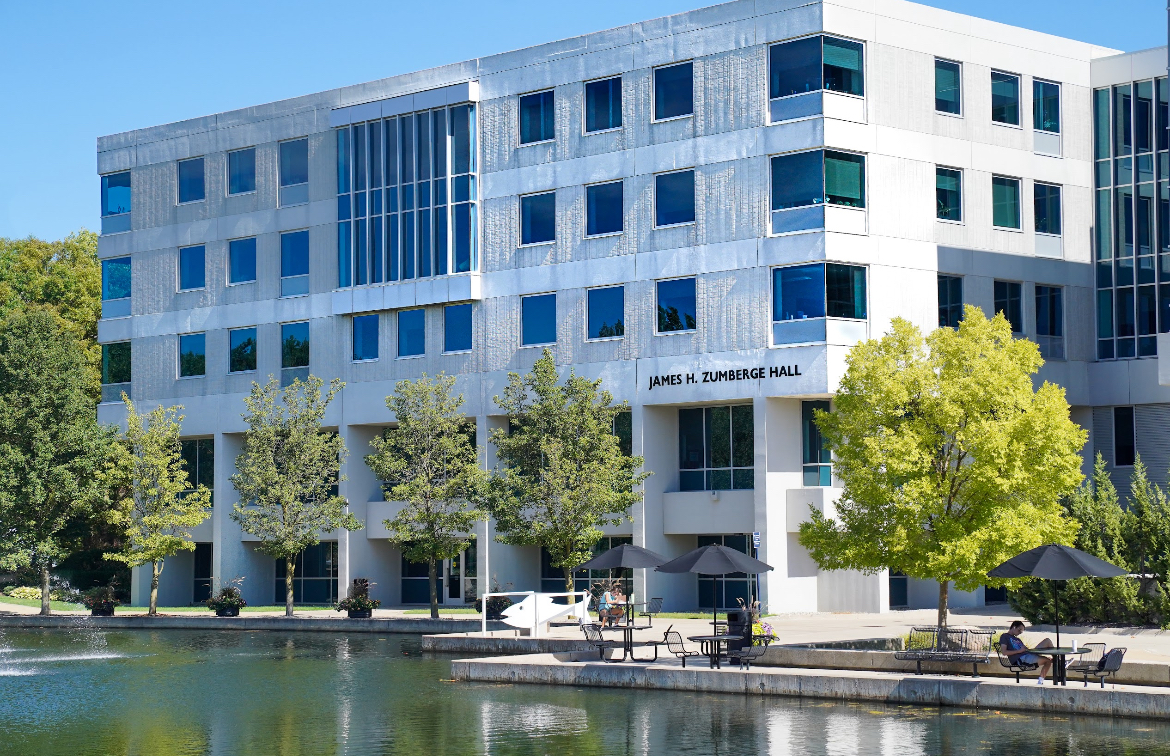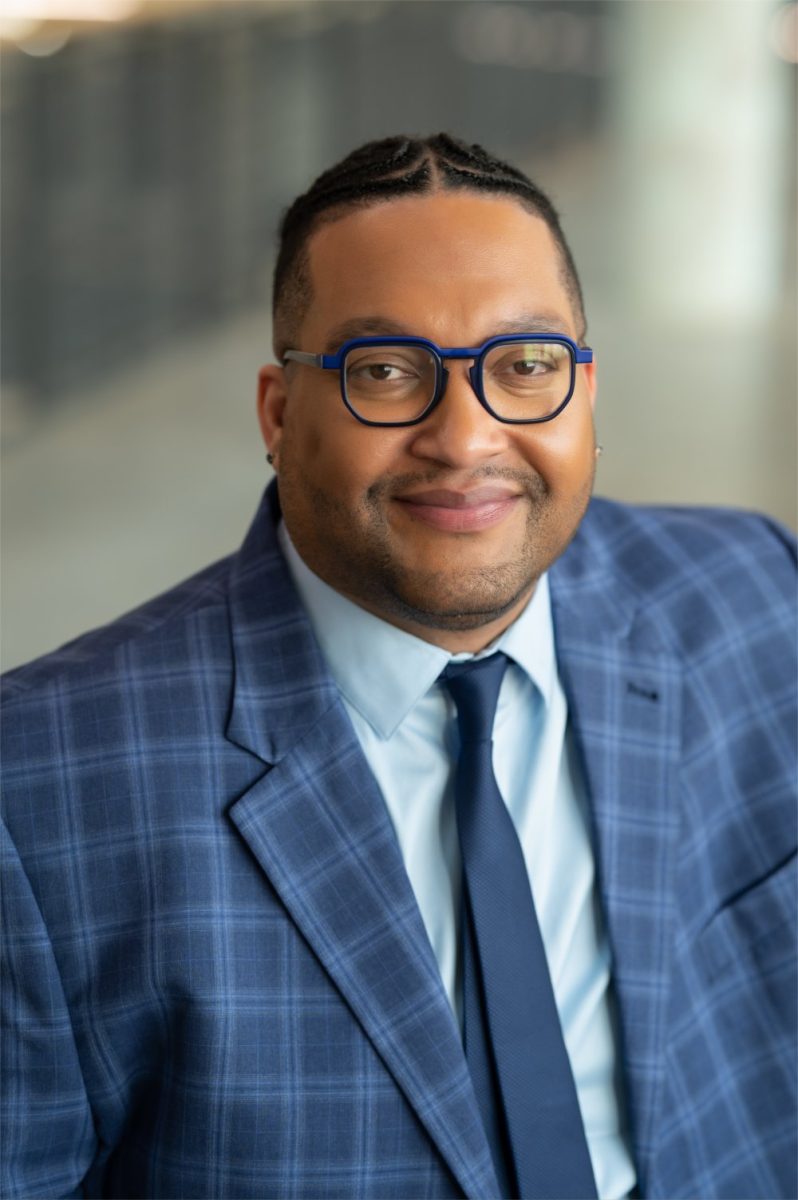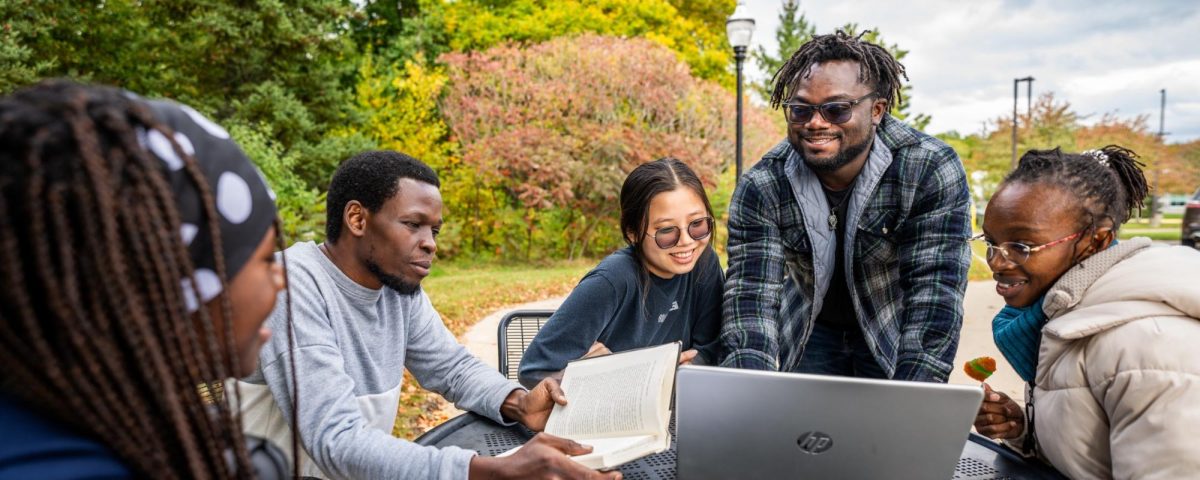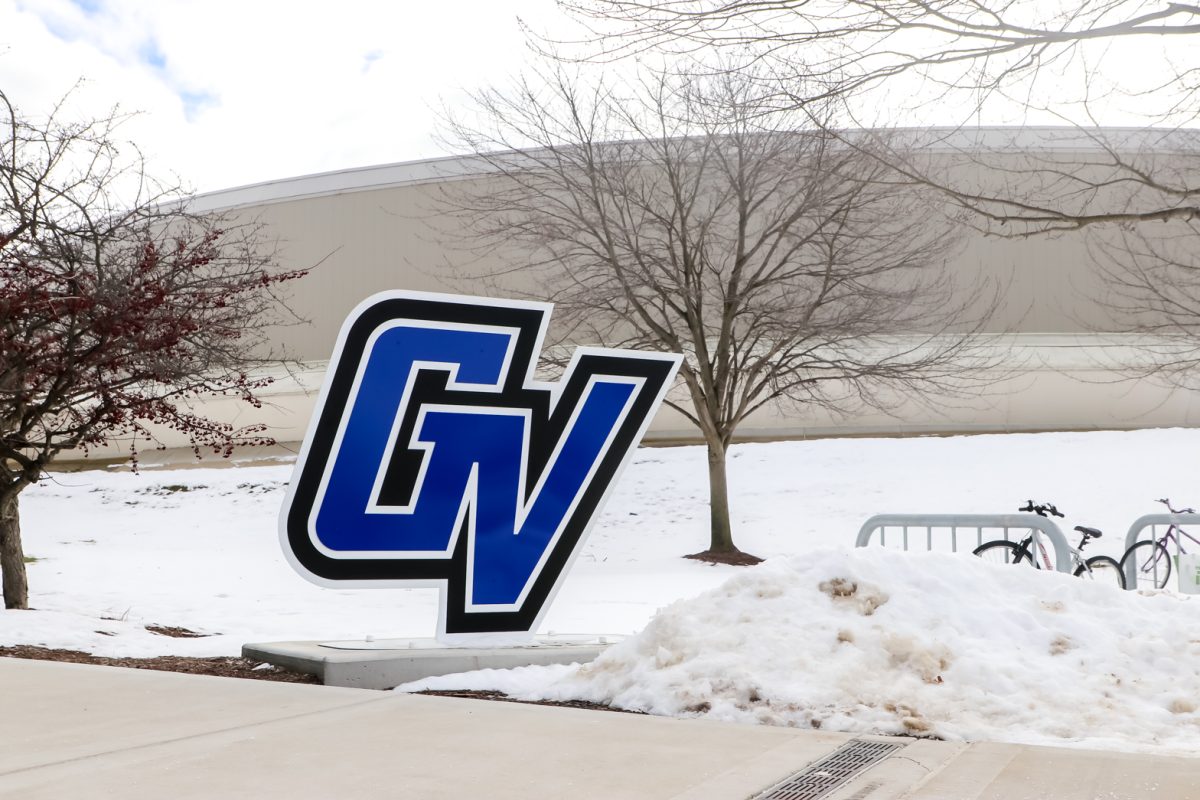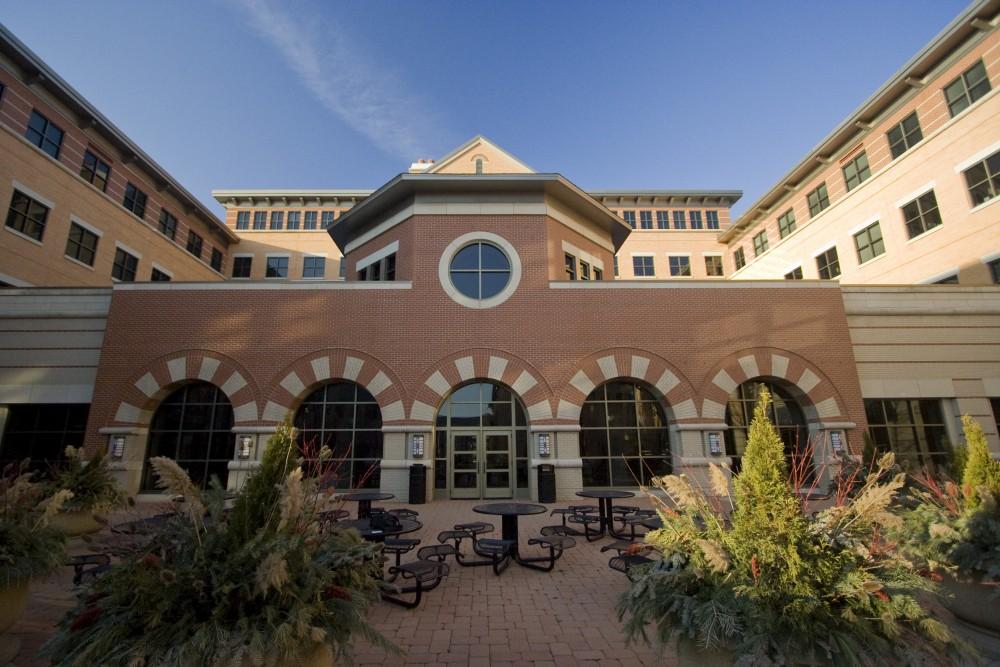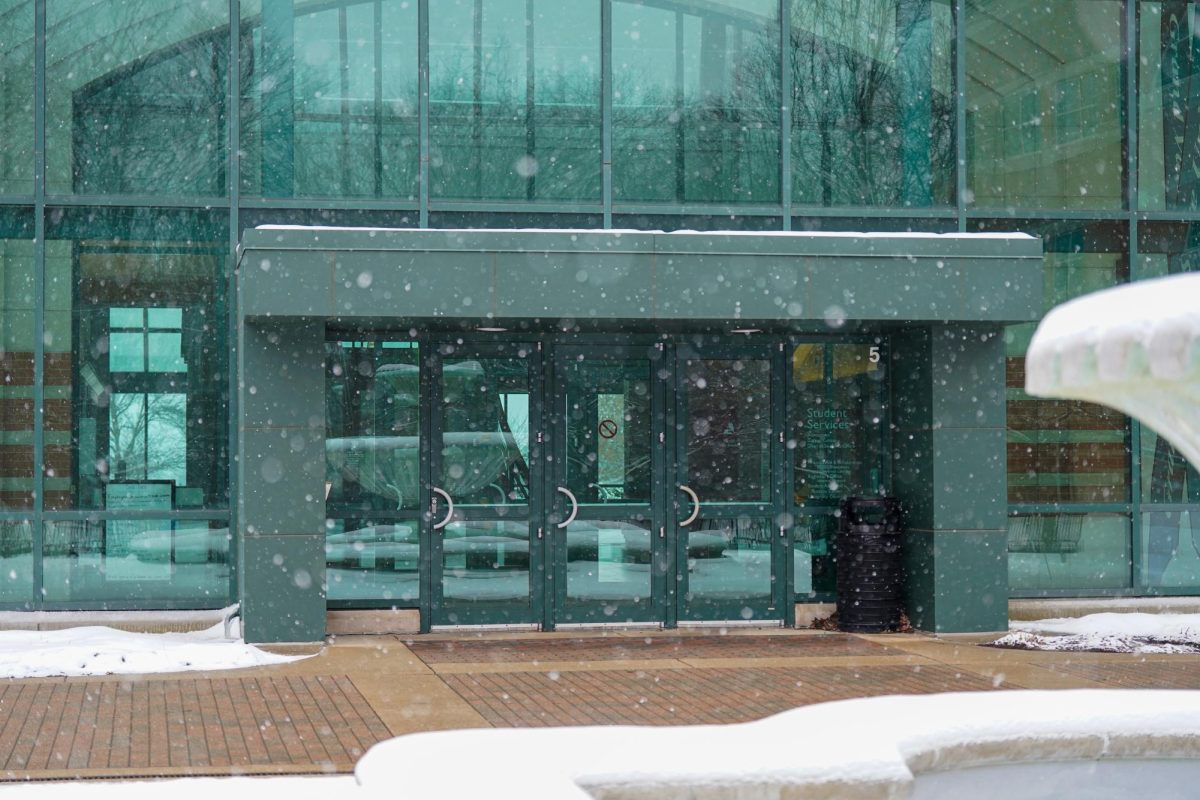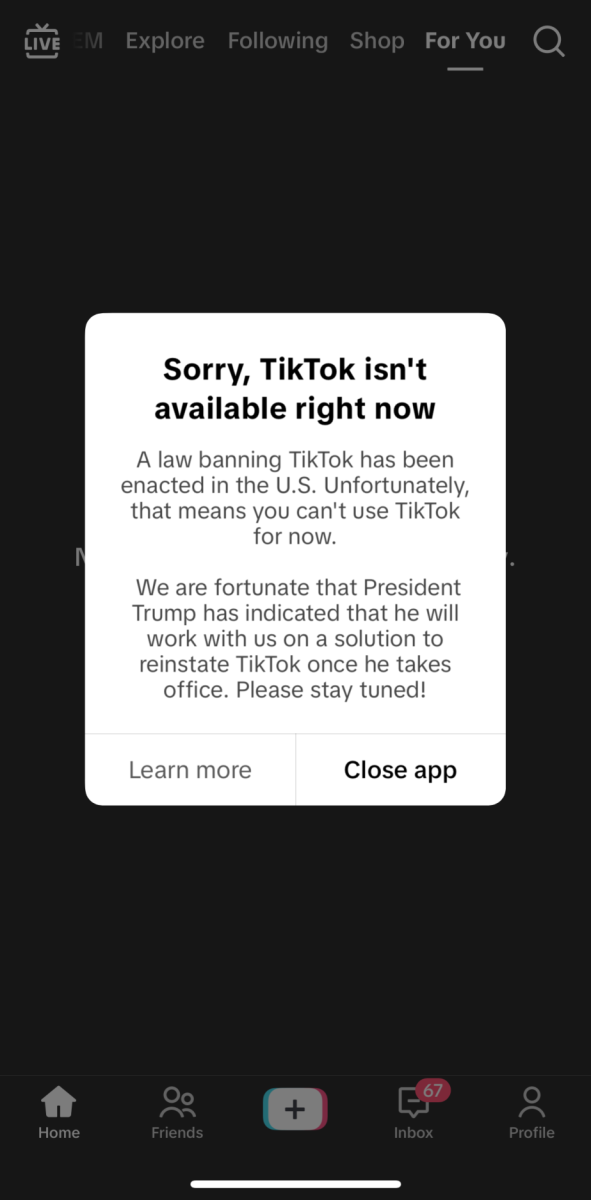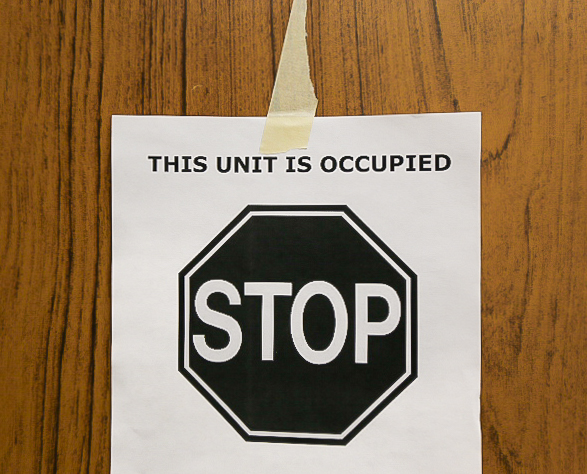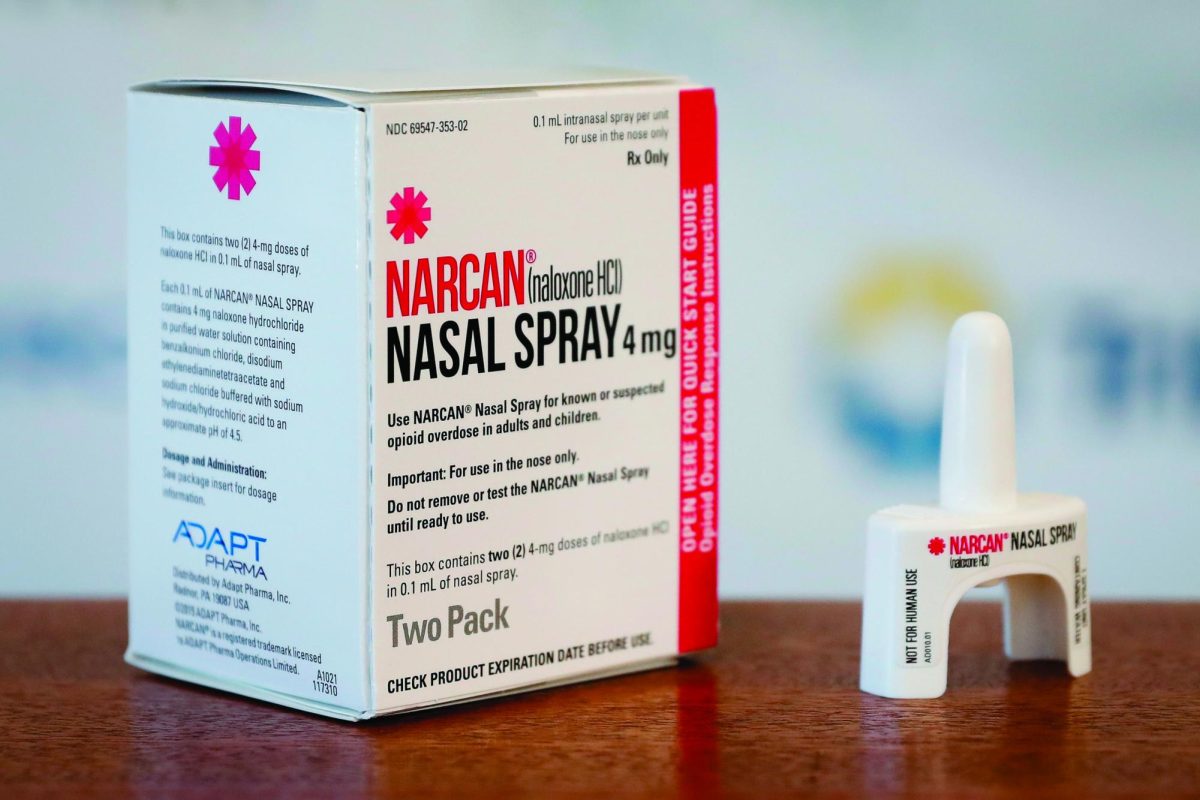In the summer of 2020, Grand Valley State University designed the first blueprint of the Rapid Education Prototyping (REP4) summit. On July 26 2023, GVSU President Philomena Mantella went to Capitol Hill in Washington D.C. with the other founding members of REP4 in order to spread knowledge about the program and its impact on high school students.
The REP4 Alliance is a national program designed to assist high school students in gaining knowledge of and access to higher education, specifically students that tend to be lower income or first generation college students.
The briefing took place at the Rayburn House Office Building for the first Unified Day of Advocacy. The REP4 leaders held a panel discussion presenting and dissecting the work that has taken place across the U.S. in the REP4 program.
In attendance with Mantella were President Marlene Tromp of Boise State University, Chancellor Terrence Cheng of Connecticut State Colleges and Universities, Director Carin Barber of California State University, Dean Beth Day-Hairston of Fort Valley State University and Executive Vice President Mary Papazian of the Association of Governing Boards of Universities and Colleges, all members of the nationwide REP4 Alliance.
Throughout the discussion, each of the Alliance leaders had the opportunity to speak about their successes and challenges within their own REP4 Summits and the common goals between them.
Chancellor Terrence Cheng expressed his experience with the REP4 program in Connecticut was really inspiring.
“That place of creativity and bringing things into the world that did not exist before and that to me is so exciting,” Cheng said at the briefing. “For me as an immigrant, as a first gen student myself, serving so many students that remind me of myself is really inspiring.
The program brings these high school students together with college students to interview about a “pain point” or the things that often prevent students from pursuing their higher education journey. The high school students then use the information that they collect, propose a solution to said pain point and create a prototype to push past those obstacles.
President Marlene Tromp mentioned during the panel discussion Boise State University’s initiative to uplift interested high schoolers in the semiconductor industry, which was the focus of BSU’s REP4 2023 Summit. The most impactful ideas of how to accomplish this goal came from the students prototypes.
“We had students ask the question, ‘how do we get young people who are coming up from high school excited about and interested in things like the semiconductor industry?’ ‘How do we change what they imagine is possible for their future?” Tromp said. “One of the winning designs was an app that helped students find mentors in Steam so that if they were interested they could easily access someone who is in education in those fields so they could actually begin to imagine a future.”
The program offers four total college credits for completion of the program. These credits are not only free, but REP4 also offers a stipend for the students’ time. Completion of the program provides students with admission to GVSU with or without an application.
According to a GVNext article, the students meet with their groups virtually prior to the summit to conduct interviews and discuss their ideas before coming to campus to pitch their solutions. While on campus students participate in campus experiences called rotations. These rotations allow the students to learn about different majors and programs at GVSU they might be interested in.
Participation in REP4 creates connections with peers and introduction to resources at GVSU that high school students are able to utilize while transitioning into their undergrad.
GVSU student and REP4 mentor Megan Smith says her mentees have felt empowered by the program. In Smith’s rotation at the Midwestern REP4 2023 Summit hosted at GVSU this summer, she designed a chemistry lab and activity to take the students through a quick day-in-the-life chemistry class and teach them about the program. Smith found the students were surprised by their success within the rotation and were proud of the work they had accomplished.
“Once I told them, ‘you guys just synthesized a polymer and did organic chemistry’ like the look on their faces of like ‘Oh my gosh.’ One of the students asked, ‘Isn’t that hard?’ and I’m like ‘Yeah, but you just did it,” Smith said. “I just feel like they left feeling very empowered and less scared of college science courses, which is actually a very cool thing that I don’t think a lot of people have the opportunity to do.”
Smith said as a first generation college student she was intimidated by higher education as a whole and felt alone in her journey, but the REP4 program makes the whole experience much more comfortable.
“The fact that they feel like they can have a say in higher education is so important, because it almost feels like they have a place in higher ed before they’re even in higher ed,” Smith said.




